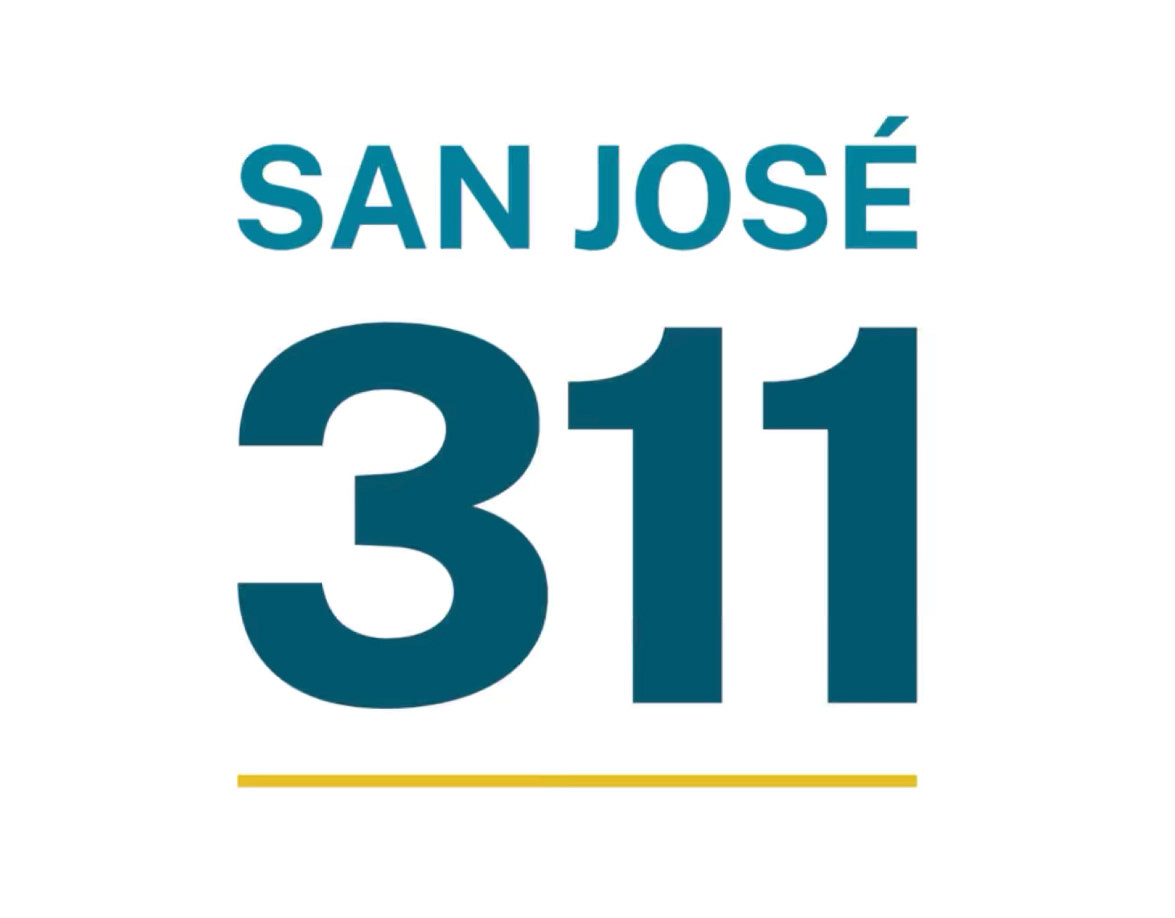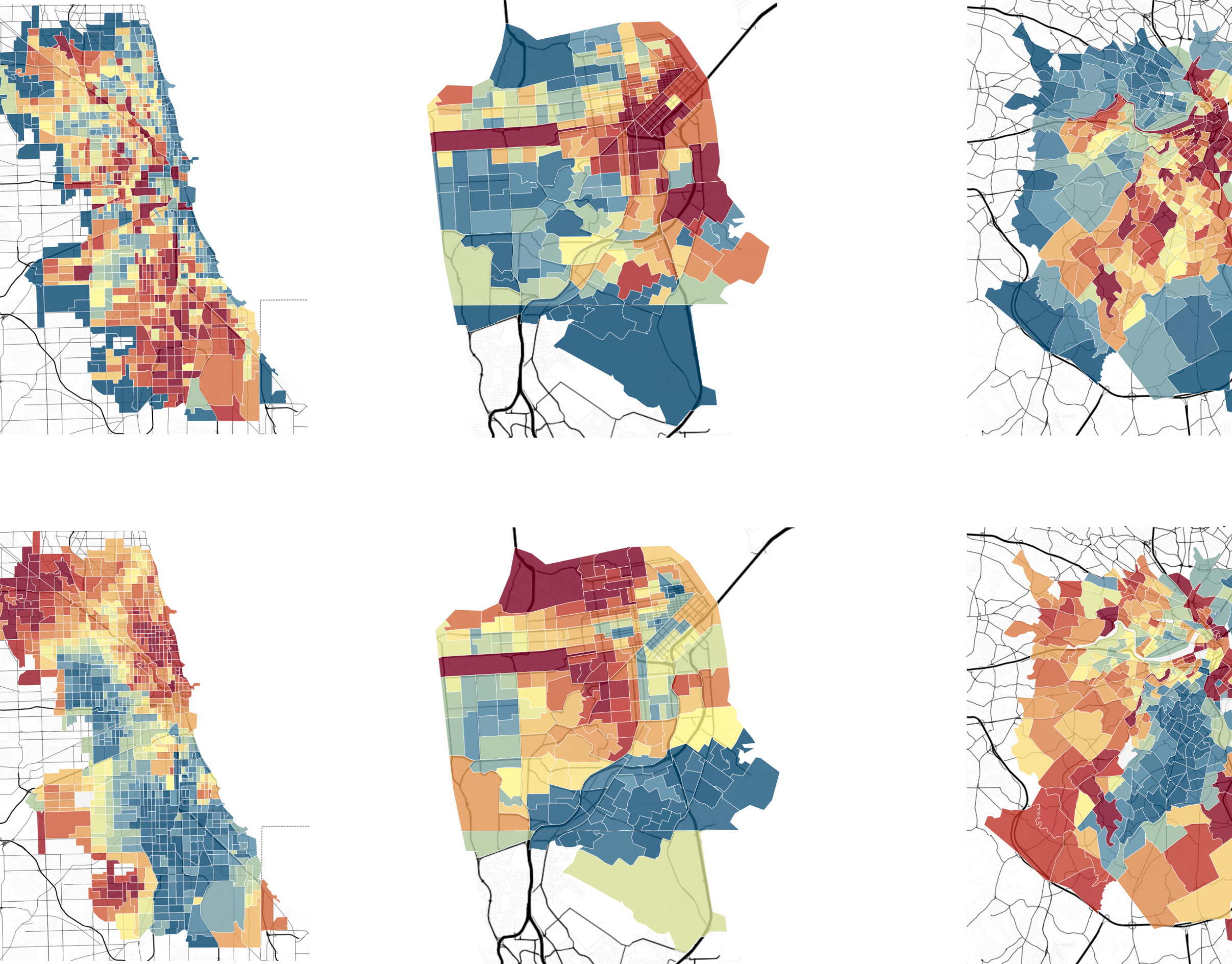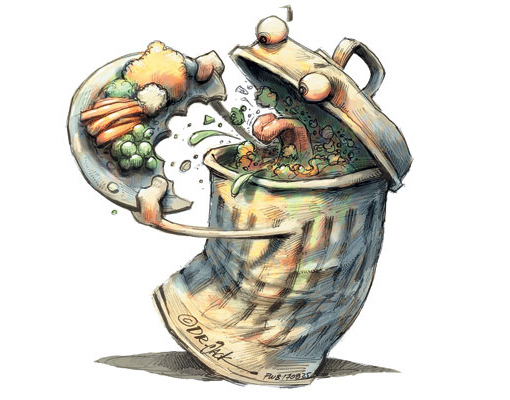
Analyzing San Jose 311 Usage
Faced with increased blight in its neighborhoods and city streets, the City of San Jose has implemented a 311 system in recent years. This system is accessible to residents via a mobile app, a web platform and a call center, all of which allow concerned residents to make formal service requests. Such requests can be made regarding illegal dumping, abandoned vehicles, and road repairs, along with a plethora of other incidents. As the system has grown in popularity, it has become ever more important to ensure the system is equitable and accessible to the very residents it is meant to serve.
Our team has further analyzed trends in the data and developed key considerations which we think would aid San Jose in better serving both those who are using its 311 platforms, as well as those who are not currently using these platforms.
April, 2020
Computational Social Science

Analyzing Bias and Disparities in 311 Calls
The 311 non-emergency system is meant to serve as a gateway of communication between citizens and their local city government. Cities have recently made an effort to make this system more transparent and easy to use by streamlining processes and developing mobile apps. Questions remain about the effectiveness and equitability of such systems.
This project expands on previous work by analyzing millions of 311 requests for potential bias and disparities.
November, 2019
Computational Social Science

Increasing Awareness of College Financial Aid
The long-term benefits of a college degree are undeniable. Many parents see college as a path to success, but too many discourage their students from pursuing postsecondary options due to misconceptions about college costs and the availability of financial aid. Disproportionately affected are disadvantaged families with low-income, first-generation, minority, immigrant, and/or non-English speaking backgrounds, who in some cases have overestimated the true cost of college by 228%.
By better informing disadvantaged parents and families of the true costs of college and their eligibility for substantial financial aid, states can negate the effects of these misconceptions and encourage families to pursue a postsecondary education, unbiased by prior beliefs about the costs.
December, 2018
Policy Brief

Preventing Commercial Food Loss
Making the most of available food by minimizing how much is lost will become increasingly important as populations grow. This paper first analyzes three unique programs - Daily Table, D.C. Central Kitchen, and the San Francisco Composting Program - as well as their approaches to minimizing the amount of food lost by commercial sources such as farms, grocers, and restaurants. Using the Triple Top Line model in conjunction with quantitative and qualitative metrics, this study found that the San Francisco Composting Program and D.C. Central Kitchen are focused on environmental and social impact, respectively, while Daily Table is optimized for economic impact.
From this analysis, the authors developed a comprehensive list of best practices for similar organizations as those above, the most important of which include: building community support through education and outreach, building mutually beneficial partnerships, and lastly, having a strong understanding of any ethical dilemmas that may surface due to the program’s operations. These results and the subsequent list of best practices can be used as guidelines for any cities or organizations looking to implement sustainability programs in the future, helping them to be as effective as possible.
March, 2018
Case Study